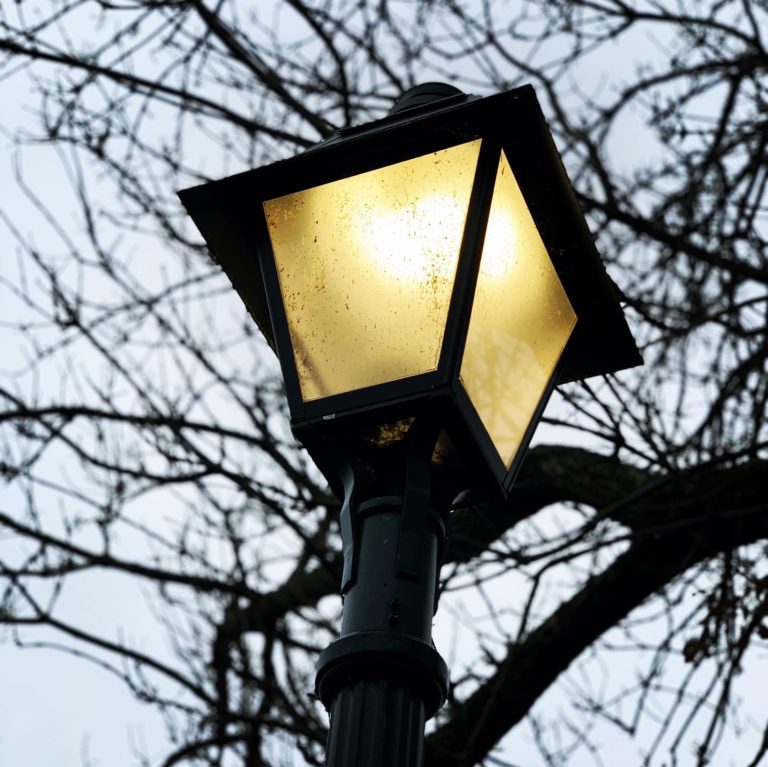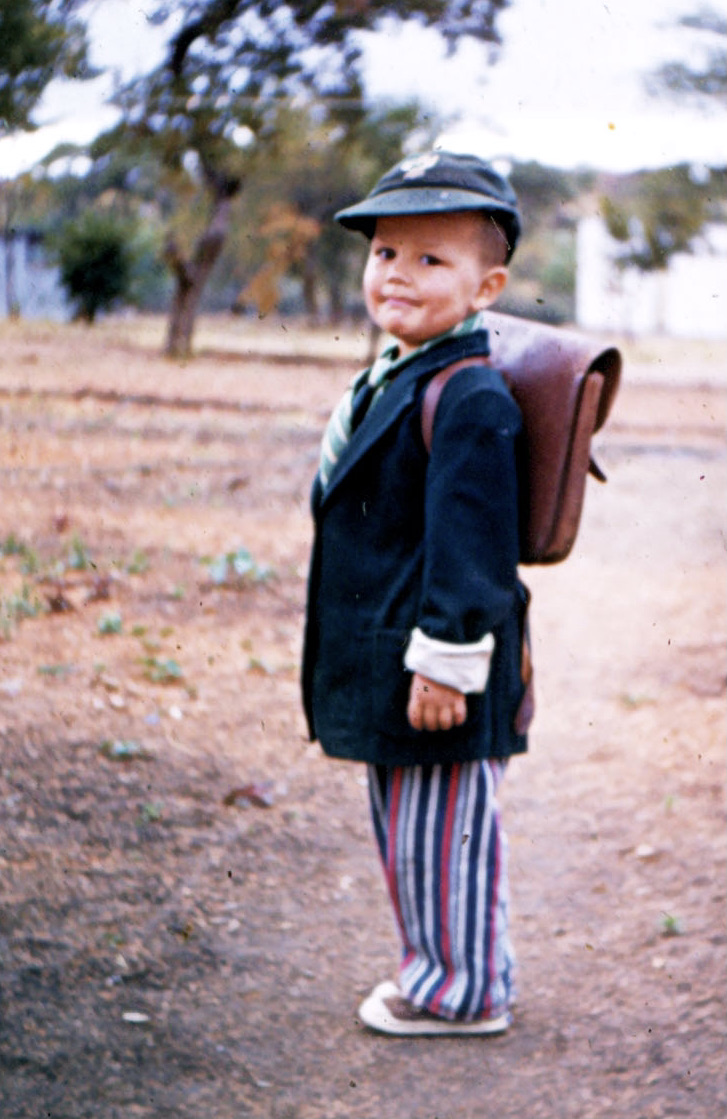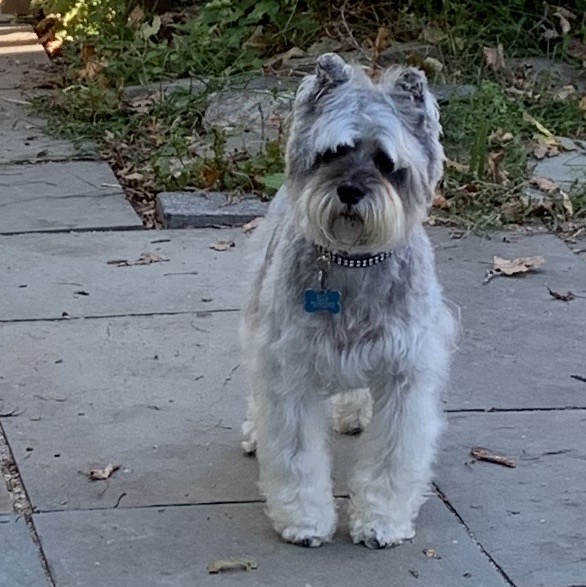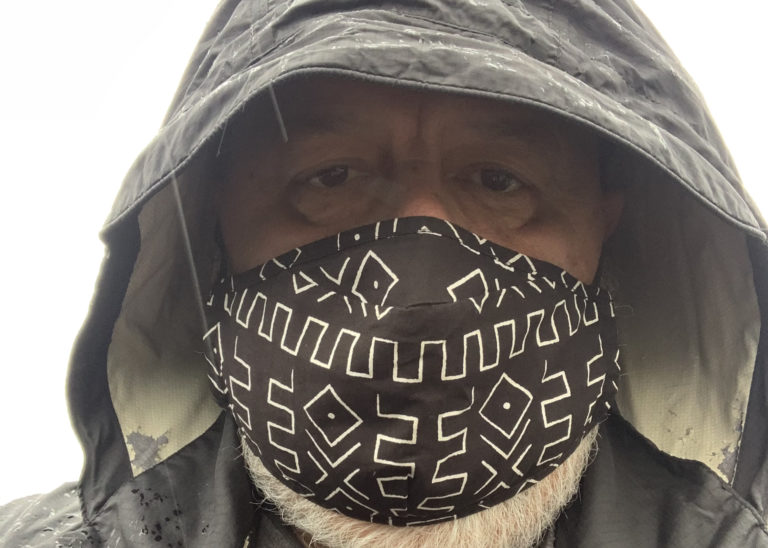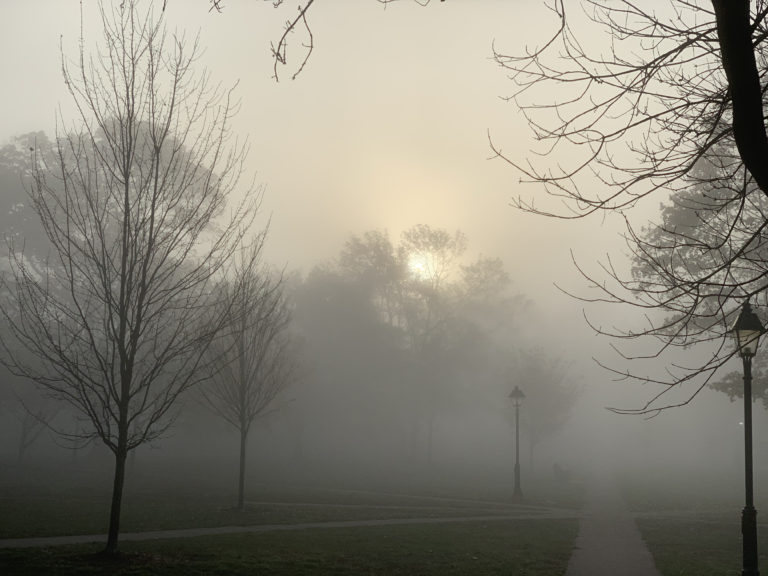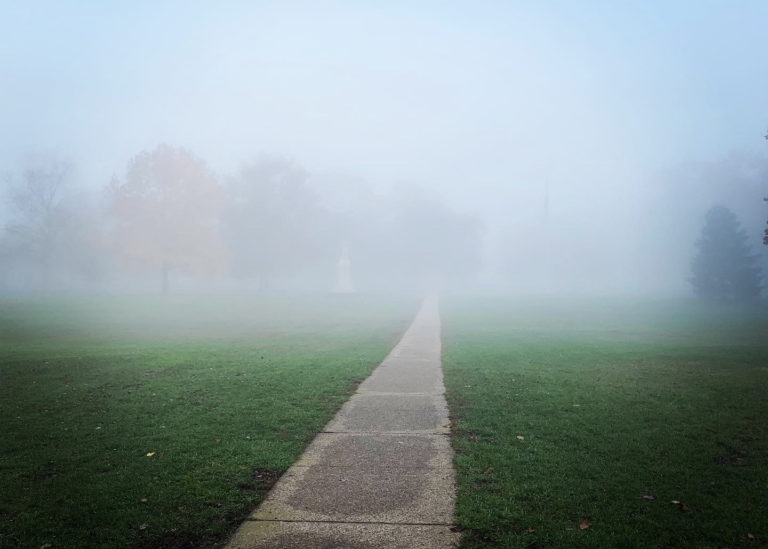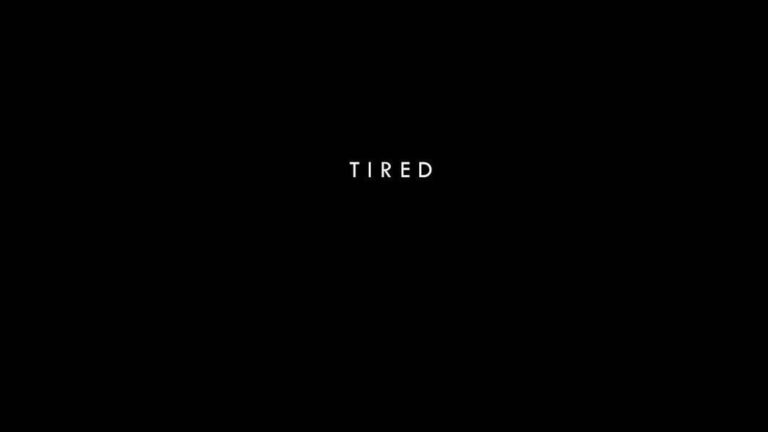In an earlier chapter of my life, I was a high school English teacher at Charlestown High School in Boston. The student population was a broad mixture of ethnicities but, because of the nature of urban public education in America, what most all of the students shared in common was they were from poor families.
I had two classes of tenth graders–about seventy kids, fifteen going on sixteen. Over a third of the girls had children. I don’t mean they got pregnant their tenth-grade year; they had children to take care of, along with trying to get to school, and, for many of them, work to help support their families.
I think of them most every Advent when we tell Mary’s story because they give me a good incarnational image of what she might have been like: a poor, pregnant brown-skinned teenager.
I have to keep reminding myself of how young she was because of the profound nature of her words in what reads more like a song than a prayer. Over the centuries, what we have come to call the Magnificat has been set to music, primarily in classical settings. While this may be jarring to some who love classical music, I think it has more in common with a protest song–more Dylan than Mendelssohn, more Beyoncé than Bach. Her words call us to remember that there was more to Mary than a human vessel for the baby. In the middle of her life turned upside down and her country in the hands of an oppressive force, she sings like a prophet:
God’s loving-kindness is for those who fear God
from generation to generation.
God has shown the strength of God’s own arm;
God has scattered the arrogant in the intent of their hearts.
God has brought down the powerful from their thrones,
and lifted up the lowly;
God has filled the hungry with good things,
and sent the rich away empty.
And she starts it all off by saying, “My spirit rejoices in God my Savior.”
Her words are in harmony with those of Isaiah who, as we have noted for a couple of weeks now, was speaking in the aftermath of captivity and despair. Nevertheless, he said,
God has sent me to preach good news to the poor,
to bind up the brokenhearted,
to proclaim liberation to the captives,
and opening up, release, to the prisoners;
to proclaim the year of the Holy One’s favor,
and the day of vengeance of our God;
to comfort all who grieve;
to pay reparations those who grieve in Zion—
to give to them a glorious garland instead of ashes,
the oil of gladness instead of grieving,
the mantle of praise instead of a diminished spirit.
Both are songs of protest, of resistance against oppression and despair, against the dehumanizing actions of those in power. And both are songs rooted in joy.
Theologian Willie Jennings, who teaches down the road at Yale Divinity School, says joy is an act of resistance against despair and death–and that it is hard work. He gets more specific:
Joy begins with renouncing despair by angling one’s body against it. It is always body work. And it is dangerous work because you are negotiating reality at the line of death and despair, twisting and turning between surviving and thriving.
It is fundamentally a decision of thought, act, gesture, and dress to do something different with the given of fear, oppression, or violence. It is a profound work of improvisation–and that is never just making things up. It is working with the given and drawing on those around you and who went before you. Joy formed under this pressure is always an oppositional joy that humanizes dehumanizing conditions. This is the art of making pain productive without ever trying to justify or glorify suffering.
After listening to Dr. Jennings, the grandson of sharecroppers who moved, as he put it, “from the Jim Crow South to the racist North,” I began to see that those of us accustomed to comfort and privilege don’t always know how to get to joy.
I don’t mean to assume that we all have it easy, but I am aware that most of the people of the world, at any given time in history, are more familiar with oppression than I am. Those of us who fit that definition of privilege have been given a gift this year by the isolation of the pandemic because we have a better first-hand feel for living under circumstances beyond our control–of having to respond to fear, death, and despair.
In no way do I mean to equate life in the pandemic with the legacy of slavery, or what Native Americans have lived through, or the Holocaust. I do mean to say ten months of isolation is taking its toll and we are left with the choice of whether we will make meaning of the pain or let ourselves be consumed by it.
Both Mary and Isaiah digested what they heard from God and then chose to respond to their circumstances rather than be defined by them. They listened to the call of the Spirit of God, and that call was outside of themselves so they could see the shared suffering as an opportunity for compassion, and thus for joy.
In his first public sermon, Jesus stood in the synagogue and read these very verses from Isaiah and then said, “That’s why I’m here: I want to heal broken hearts, break open what imprisons people, and set people free from what has captured them.” It’s not hard to imagine that he knew those verses because his instigator of a mother quoted them to him as a child. She didn’t just give birth to him; she helped him grow up into the man who was Love Incarnate. The birth of Jesus is the story of how God chose to respond to the pain of the world by becoming a human being. Jesus is Love with Skin On. Jesus was who he was, in good part, because of the prophet who parented him.
On Friday we received the news that one of the vaccines had been officially approved. We also watched this week as the daily death counts reached historic levels. It will be months before most of us are vaccinated. The pandemic is far from over. Neither are the deep divisions that are tearing at the fabric of our nation. Death and despair are here for the winter and the spring, which means we, like Mary and Isaiah have to choose to respond to our circumstances rather than be defined by them.
We have to choose to do the hard work of joy, to see our collective pain as an opportunity for compassion. Let me give you an example that hits close to home. Tuesday evening I was at the Christmas tree lot across from the Big Y in Guilford when I ran into people I know in town. Their teenage son died almost two years ago. Their grief is still raw. When they asked what I was doing, I told them about being the remote bridge pastor here at United Churches and also told them what Pastor Jeanette’s daughter was going through and the impact that has had on their family and this congregation. About an hour later, I got a message from the woman who asked, “Does that girl’s family need help? Do we need to help make sure they have Christmas?”
In these difficult days of grief and despair, how will we make sure we hope one another have Christmas? How will we offer a glorious garland instead of ashes? How will we do the hard and beautiful work of joy, resisting death and despair? How will we make meaning of our pain?
Let us go out into the days ahead to answer those questions with our words and actions.
Peace,
Milton
(The translations of the biblical texts are the masterful work of Rev. Dr. Wil Gafney and used by permission.)
